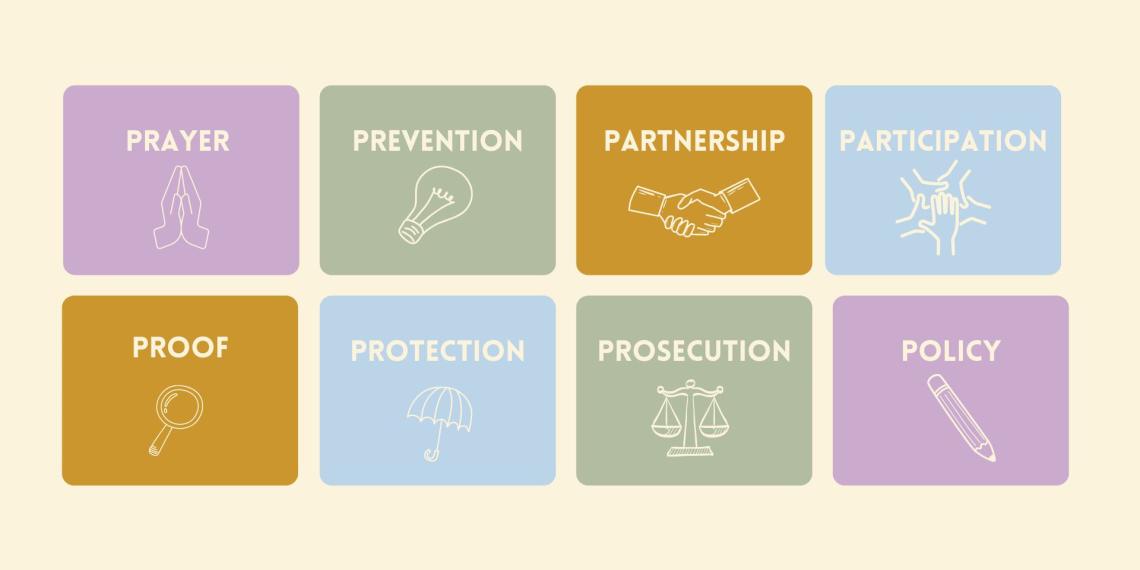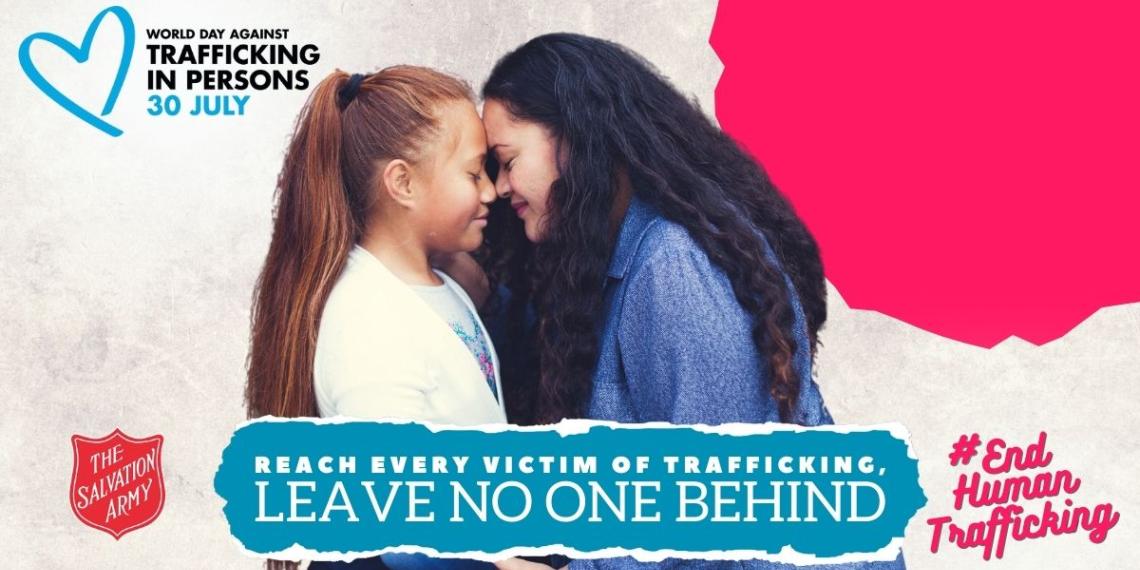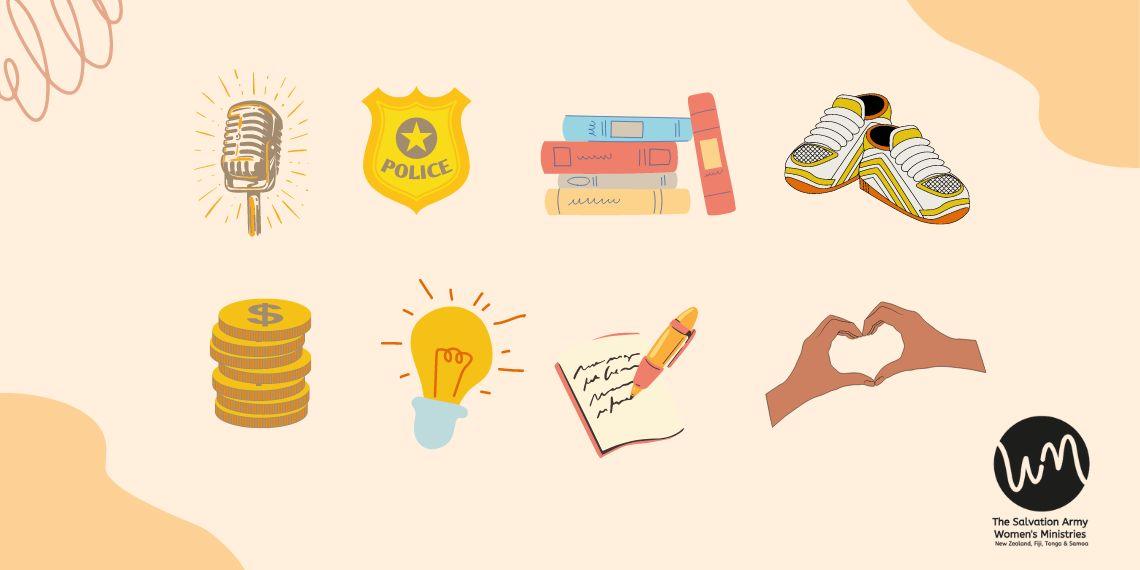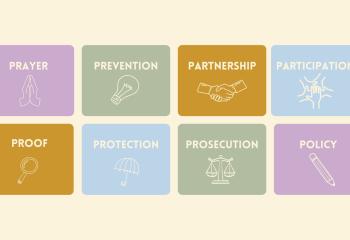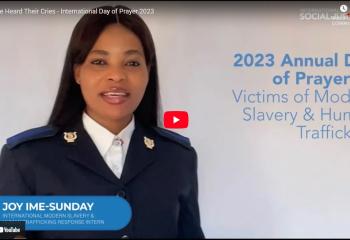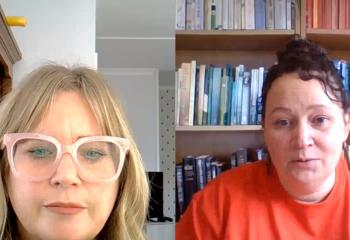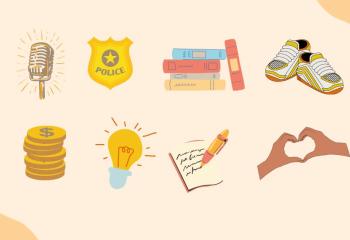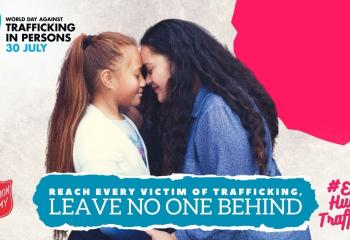You are here
Human Trafficking
Human trafficking is not a 'woman's issue'. It is a global crisis, with an estimated 28 million victims worldwide. But to be concerned about human trafficking, is to be concerned about women. According to the UN, women and girls represent 65 per cent of all trafficking victims globally. More than 90 per cent of detected female victims are trafficked for the purpose of sexual exploitation.
to be concerned about human trafficking, is to be concerned about women.
What is human trafficking?
According to the Trafficking in Persons (TIP) Report 2023, considered the global standard for reporting, “severe forms of trafficking in persons” are defined as:
- sex trafficking in which a commercial sex act is induced by force, fraud, or coercion, or in which the person induced to perform such an act has not attained 18 years of age; or
- the recruitment, harboring, transportation, provision, or obtaining of a person for labor or services, through the use of force, fraud, or coercion for the purpose of subjection to involuntary servitude, peonage, debt bondage, or slavery. A victim need not be physically transported from one location to another for the crime to fall within this definition.
What about our Territory?
Human trafficking happens in our Territory. Our nations are considered 'tier 2 countries', which means our governments do not comply to the TIP Report's minimum standards, but are making significant efforts. In New Zealand, estimated victims of human trafficking have risen from 3000 to 8000. New Zealand is a destination country, and evidence shows that victims are commonly coerced into forced labour. Under the guise of immigration, people have been trafficked into the agriculture, fishing, construction, and hospitality industries. They are often stripped of their passports, forced to work long hours for little or no pay, and kept in appalling conditions.
Here's some reported examples that have happened right here in Aotearoa:
- Fishing vessel workers had their pay kept from them and were forced to work long hours on board their ship.
- Workers were paid as little as $3 an hour, or forced to 'pay back debts' for the costs of getting them work in New Zealand
- Construction workers from the Philippines were lured to New Zealand with adverts promising ‘$100,000 per month’ for the Christchurch rebuild. To secure a visa, so-called employment brokers often charge tens of thousands of dollars in bond.
- Dairy workers were left to starve and had to forage for maize to feed themselves.
- A migrant farm worker was forced to kill 300 bull calves with a hammer.
- 12– to 13–year–old girls were lured by ‘boyfriend figures’ who used violence to sell them for sex.
In New Zealand, estimated victims of human trafficking have risen from 3000 to 8000.
The first conviction for human trafficking in New Zealand was made in 2017, when Raroz Ali, a Fijian national with New Zealand residency, set himself up as a family business and ran an advert in Fiji selling a dream: working in God’s Own Country and earning seven times what they could at home.
‘They paid a lot of money upfront for food and accommodation, but once they arrived in New Zealand they were put to work [in Ali’s construction business and picking fruit in the Bay of Plenty] for little or nothing at all. They were forced to sleep in one room with no bedding—men and women together,’ says Rebecca Miller, who led the operation through the Ministry of Business and Innovation. ‘It wasn’t until they were given the opportunity to go to church that it came to the surface.’
A church member struck up a conversation with one of the Fijian workers, and the story started to unfold. Sensing that something was amiss, the member had the tenacity to contact their MP, who then reached out to Immigration New Zealand. It took 2 years and around 6000 hours to build the case against Ali, who was convicted of 15 counts of human trafficking and sentenced to nine years, six months in jail.
This is a horrifying story, but it also shows the power of just one person who was brave enough to ask, 'are you ok?'.
The Human Trafficking & Modern Slavery Response Contact Person in our Territory is Captain Sammy Millar. Contact her at: sammy.millar@salvationarmy.org.nz
